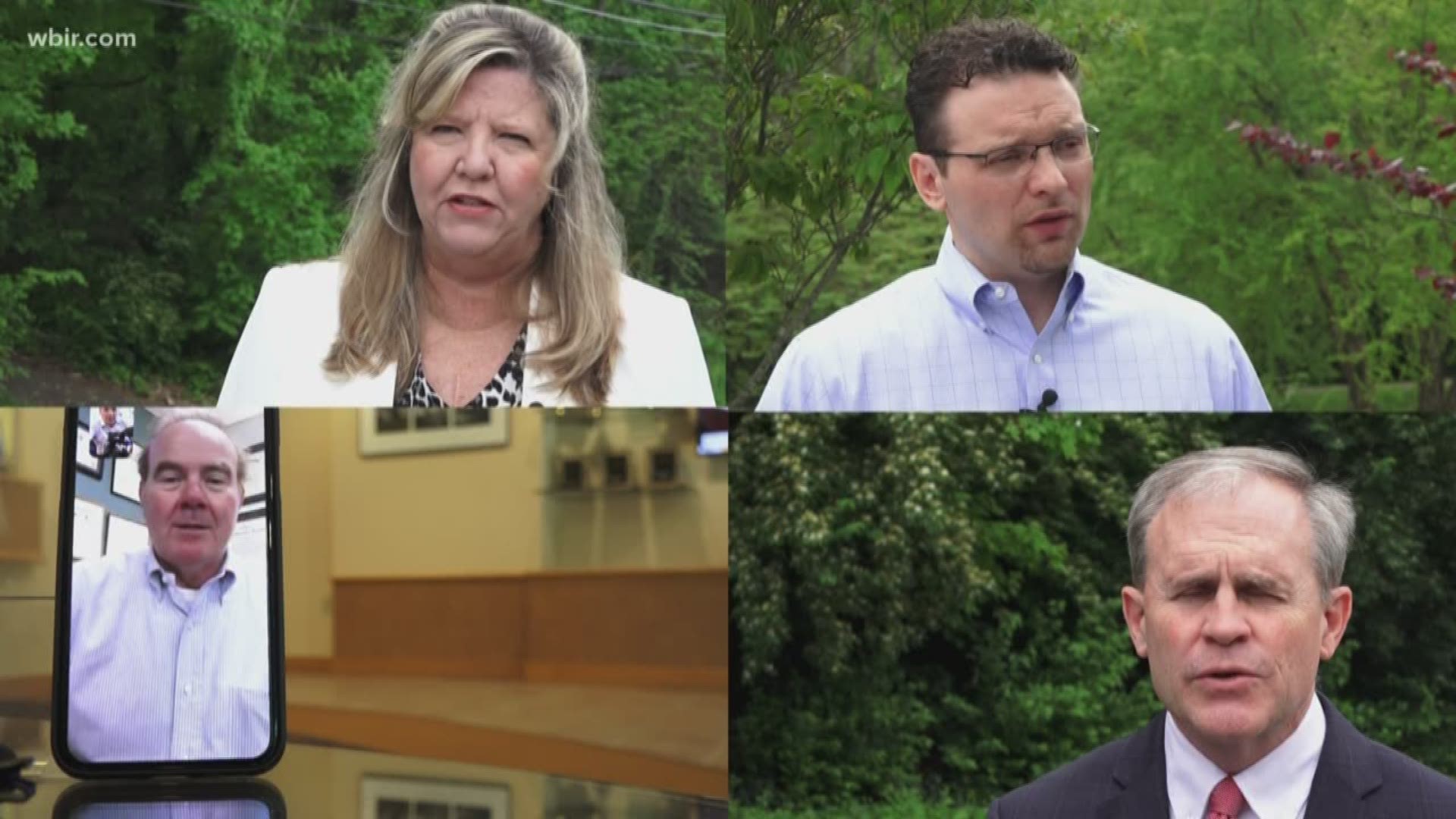NASHVILLE, Tenn. — The Latest on Tennessee's voucher-like legislation moving through the General Assembly:
5 p.m.
Tennessee lawmakers have wrapped up their work on a voucher-style bill, punctuated by a Senate debate over projected costs and provisions that could make students from families who are in the country illegally ineligible.
Close House and Senate votes Tuesday offer freshman Republican Gov. Bill Lee the chance to sign his most contentious policy proposal to date.
The GOP-supermajority House and Senate on Wednesday passed a negotiated version of the bill that would increase the amount of public dollars that can pay for private tuition and other expenses.
The main framework of the bill remains the same: Families in certain schools districts could receive up to $7,300 in state funds to spend on private tuition.
However, the latest version only allows the program to take place in Shelby and Davidson counties. The bill had originally applied to more areas. Home schooling also would no longer be covered.
The latest fiscal analysis estimates the bill will cost more than $335 million over the next five years.
1:25 p.m.
Gov. Bill Lee's latest proposal to increase the amount of public dollars that can pay for private tuition and other expenses will cost taxpayers more than $335 million over the next five years.
Lee's bill was originally estimated to cost $125 million to fund the so-called education savings account bill. However, after various amendments and changes, the latest fiscal analysis has the bill's funding total much higher.
The first year would cost the state $771,000, but then quickly escalate over the next five years with year four costing the state $110.6 million and then another $147.5 million by the fifth year.
Under the proposal, families who meet income requirements in certain schools districts could receive up to $7,300 in state funds to spend on private tuition.
11 a.m.
Tennessee lawmakers tasked with negotiating school voucher-like legislation have settled on a compromise to allow more taxpayer dollars that can be used to pay for private schools and other expenses.
The proposal unveiled on Wednesday is the latest evolution of an ongoing battle to push a school voucher bill during this year's legislative session. After various forms popped up in the General Assembly, a conference committee met to hash out the final details on the education savings account proposal.
The main framework of the bill remains the same: families in certain schools districts could receive up to $7,300 in state funds to spend on private tuition.
However, the latest version only allows the program to take place in Shelby and Davidson counties. The bill had originally applied to more areas.

